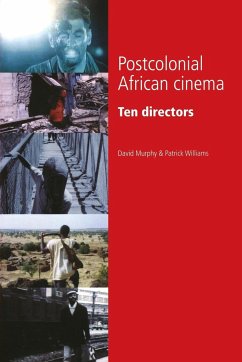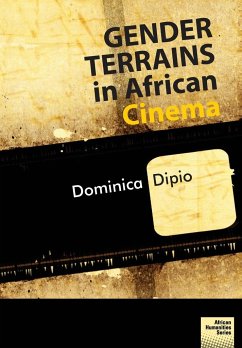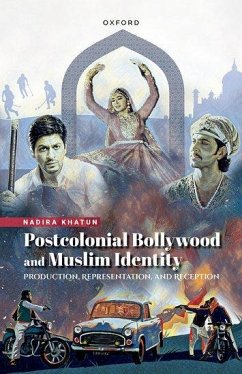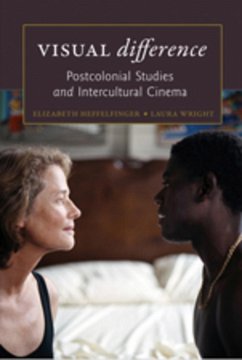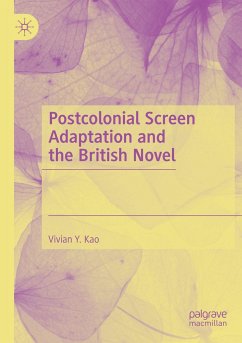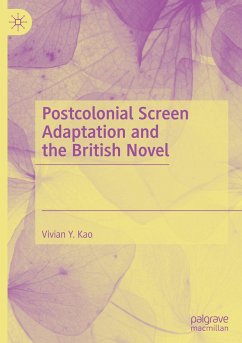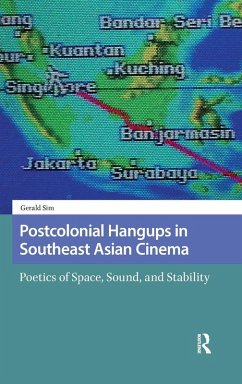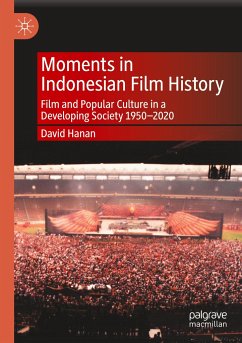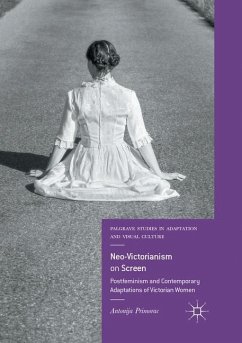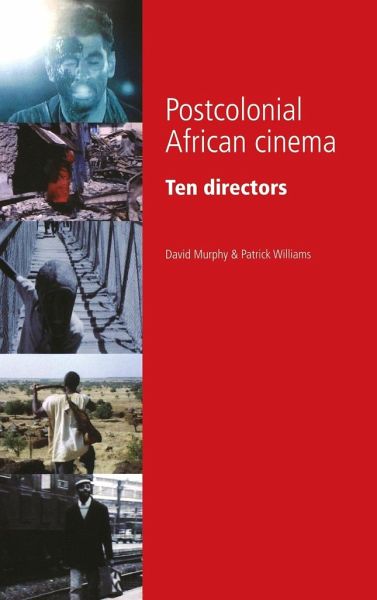
Postcolonial African cinema
Ten directors
Versandkostenfrei!
Versandfertig in 1-2 Wochen
103,99 €
inkl. MwSt.
Weitere Ausgaben:

PAYBACK Punkte
52 °P sammeln!
"Postcolonial African Cinema "constitutes a new departure in African film studies. Recognizing the maturity of the field and the need for complex yet accessible approaches that move beyond the purely descriptive while refusing to get bogged down in theoretical jargon. This is the first introduction of its kind to an important cross-section of postcolonial African filmmakers from the 1950s to the present. Building on previous critical work in the field, this volume brings together ideas from a range of disciplines to combine the in-depth analysis of individual films and bodies of work by individual directors. Chapters provide an overview of the director's output to date and the necessary background to give a better understanding of the director's choice of subject matter, aesthetic or formal strategies, and ideological stance.
An excellent introductory volume for those wishing to know more about the hitherto neglected cinema from the African continent, including directors from Egypt, Senegal, Mauritania, Mali, Guinea-Bissau, Burkina Faso, Tunisia, Cameroon, South Africa





